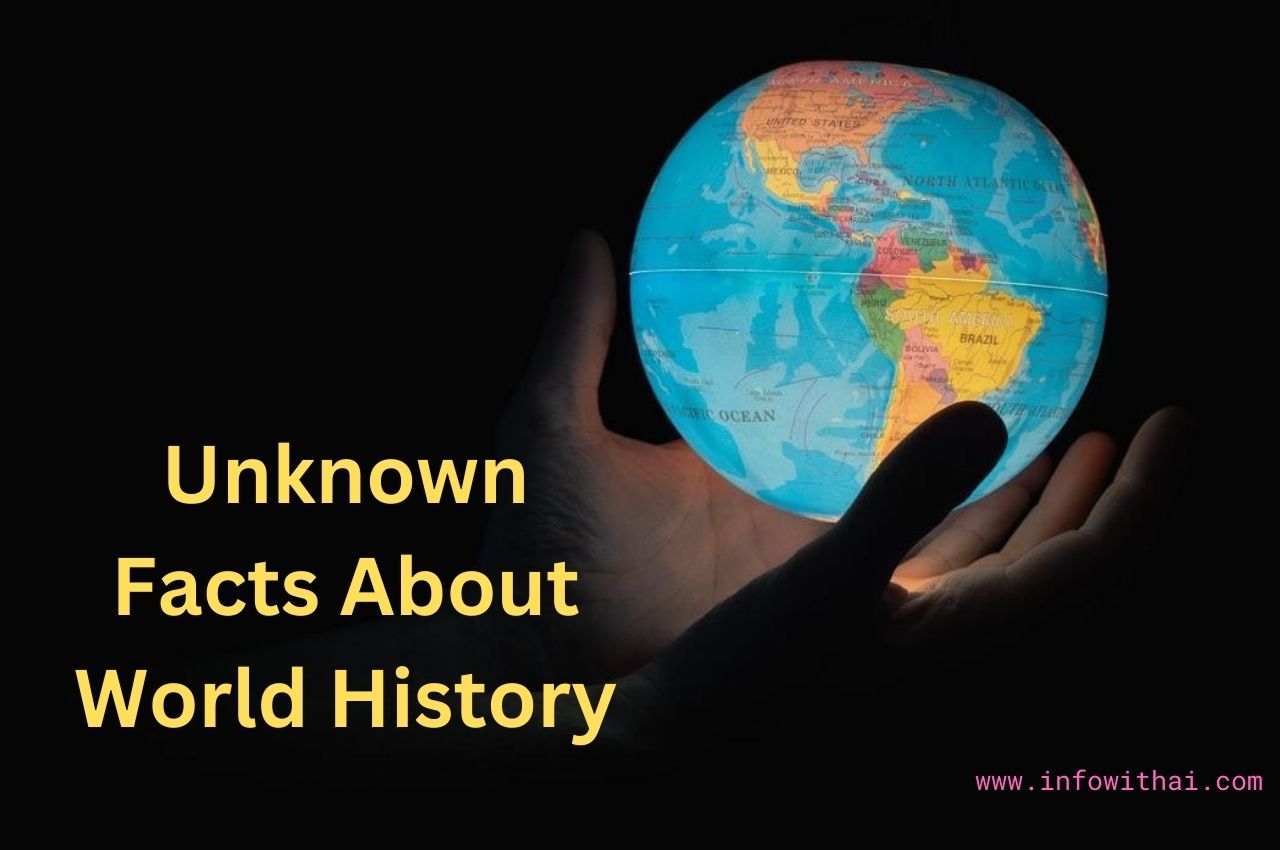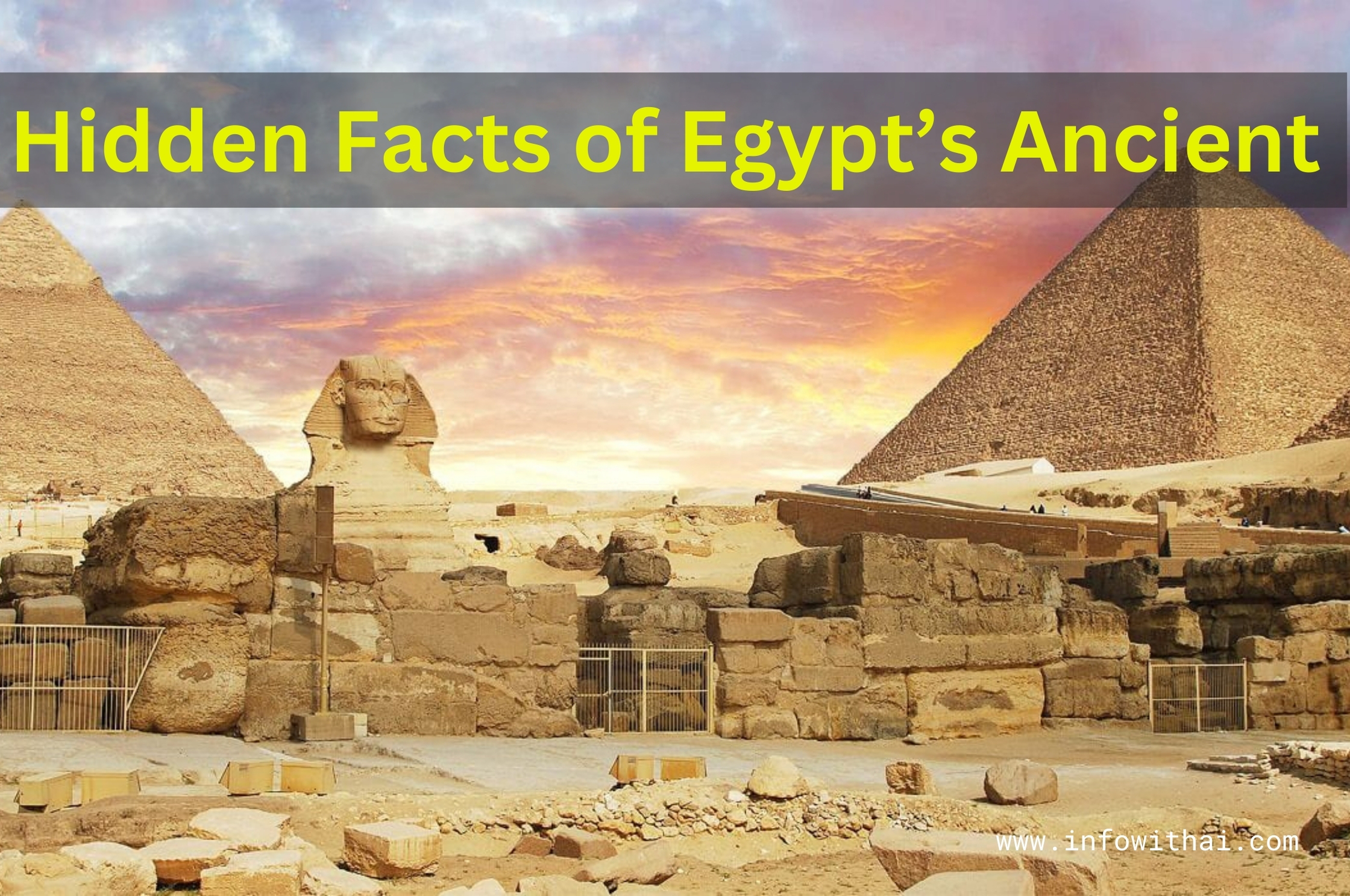Unknown history facts reveal intriguing tales and surprising truths that often go unnoticed. Many events and figures that shaped our past remain obscure, offering fascinating insights into humanity’s journey. Here are ten remarkable and lesser-known facts about world history that will expand your understanding of the world.
1. The Oldest Known “Your Mom” Joke
The oldest recorded joke, dating back to 1500 BCE in ancient Sumer, is a humorous remark about someone’s mother. This indicates that humor and mockery have been part of human culture for millennia, showcasing the timeless nature of humor. Learn about ancient jokes.
2. Cleopatra Lived Closer to the Moon Landing than the Building of the Pyramids
Cleopatra VII, the last active ruler of the Ptolemaic Kingdom of Egypt, lived from 69 BCE to 30 BCE. The Great Pyramid of Giza was completed around 2560 BCE, making Cleopatra closer in time to the 1969 moon landing than to the pyramid’s construction. This fact emphasizes the vast timeline of history and human achievement. Read about Cleopatra’s legacy.
3. The Great Emu War
In 1932, Australia faced an unusual problem: emus were invading farmland in Western Australia. The government deployed soldiers to combat the emu population, resulting in a series of unsuccessful military operations, which has since been dubbed the Great Emu War. This absurd event showcases the challenges faced by early settlers and the unexpected issues that arise in agriculture. Discover more about the Great Emu War.
4. The World’s First Computer Programmer
Ada Lovelace, an English mathematician, is considered the world’s first computer programmer. In the mid-1800s, she worked on Charles Babbage’s early mechanical general-purpose computer and wrote algorithms for it. Lovelace’s contributions highlight the pivotal role of women in the history of technology, often overlooked in historical narratives. Find out more about Ada Lovelace.
5. The Shortest War in History
The Anglo-Zanzibar War fought between the United Kingdom and the Sultanate of Zanzibar on August 27, 1896, lasted just 38 to 45 minutes, making it the shortest war in recorded history. This surprising fact underscores the sometimes bizarre nature of geopolitical conflicts. Read about the Anglo-Zanzibar War.
6. Viking Warriors Were Mostly Women
Recent archaeological discoveries suggest that many Viking warriors were women. Grave sites containing weapons and other military artifacts have led researchers to believe that women fought alongside men during the Viking Age. This challenges traditional perceptions of gender roles in history. Explore the role of women in Viking society.
7. The Eiffel Tower Can Be 15 cm Taller During the Summer
The Eiffel Tower can expand in height by about 15 cm (6 inches) during the summer due to thermal expansion of the metal. As temperatures rise, the iron expands, making the tower taller temporarily. This fascinating detail illustrates the impact of environmental factors on engineering marvels. Learn more about the Eiffel Tower.
8. Oxford University is Older Than the Aztec Empire
Teaching at Oxford University started as early as 1096, while the Aztec Empire is believed to have been founded in 1428. This fact highlights the long history of education in comparison to other civilizations, emphasizing the continuity of academic pursuit. Read about the history of Oxford University.
9. The First Use of the Atomic Bomb Was Not in War
The first test of an atomic bomb, known as the Trinity Test, occurred on July 16, 1945, in New Mexico. It was a demonstration of power and technology, marking the beginning of the nuclear age before being used in combat later that year. Discover more about the Trinity Test.
10. Ancient Romans Used Urine for Whitening Their Teeth
In ancient Rome, urine was a popular method for teeth whitening. The ammonia in urine acted as a bleaching agent, showcasing the lengths people would go to for cosmetic purposes. This fact is a humorous reminder of historical beauty standards. Learn about ancient Roman beauty practices.
These revelations enhance our understanding of the events and people that shaped our world, providing insights into the intriguing stories that lie beyond the familiar. Explore these facts to discover more unknown history facts.







